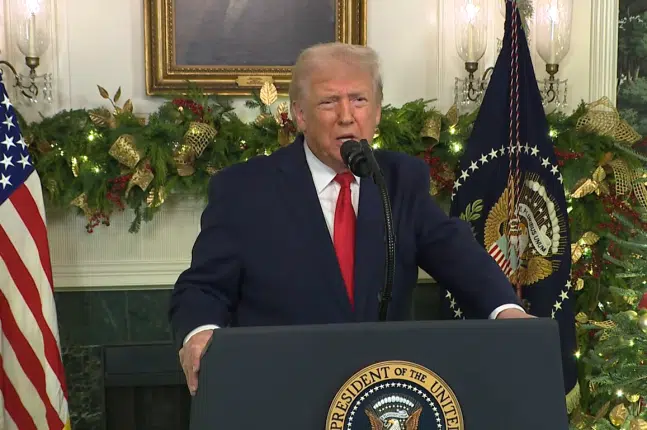24 new federal judges by Christmas? That’s what outgoing Senate Majority Leader Harry Reid (D-Nev.) wants in the lame duck session of Congress.
Faced with an incoming Republican majority, Barack Obama and Harry Reid want to stack the judiciary in yet another egregious power grab. Reid also wants to get a budget done, get a deal on tax extenders, and another 26 or so executive branch nominees.
Adding insult to injury, these appointments will once again be made in violation of Senate rules, which state it takes 60 votes to close debate on any matter. These nominations will be confirmed with simple majorities — even though Senate rules were never technically modified, which would have taken a two-thirds vote.
As a result, Republicans will be unable to block them.
But Reid won’t be in the majority anymore, so what does he care?
Chalk it up to one more reason why the congressional session should begin immediately following an election.
After all, why should members of Congress, many of whom lost reelection or are retiring, get to make decisions without being accountable to the people they purport to represent?
Reid’s court-packing scheme also poses a dilemma for Senate Republicans in the upcoming session. Namely, should they go back to the old rules — the ones that are still on the books — requiring 60 votes to close off debate.
In a joint letter from 26 free market and limited government leaders, including Americans for Limited Government President Nathan Mehrens, the answer is no.
“The inevitable net result of reviving the judicial filibuster… would be a regime under which nominees submitted by a Republican President would be subject to a 60-vote threshold, whereas a Democrat President’s nominees would be subject to a 50-vote threshold,” wrote the leaders.
Which is a fair point. As abominable as Reid’s actions against Senate rules were, what sort of standard would we have where one party is required to meet a 60-vote threshold for nominees but not the other?
In fact, should Republicans choose to go back to the old 60-vote threshold, they would be rewarding Democrat lawlessness which has changed the face of the influential D.C. Circuit Court of Appeals.
There is also the constitutional argument made, such as by national radio talk show host and author Mark Levin writing in 2005, that the Senate has no power to make a rule that thwart its own constitution prerogatives: “It is affirmatively denying the full Senate the opportunity to exercise an enumerated power — its advice-and-consent function. If the majority party in the Senate does not wish to exercise that power, it’s not compelled to do so. But if it does wish to exercise that power, which is the present case, then the majority can change the rule by which the minority is thwarting the majority, i.e., the filibuster rule.”
All that aside, should Republicans go forward with the new “rule” established by Reid, it creates an uncertain standard for which other standing rules of the Senate might be overturned by a simple majority.
Which is to say, there are almost no rules at all.
But that was always the danger when Reid chose to proceed with the nuclear option, which had been rejected by prior Republican leaders.
Apparently, once the trust that the rules will be followed by both parties is shattered, it is naïve and foolish to think the pieces can be put back together.
Robert Romano is the senior editor of Americans for Limited Government.







